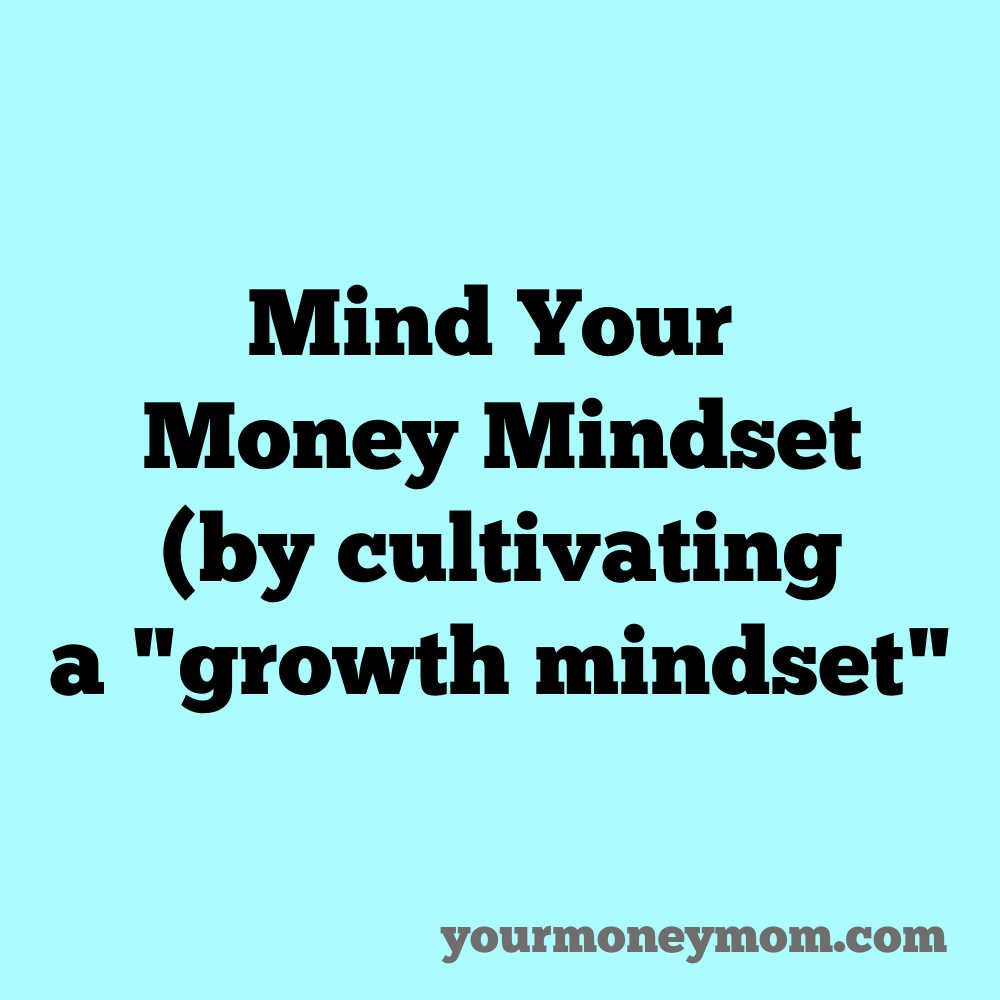“Early bed and early to rise, makes a man healthy, wealthy, and wise.”
–Benjamin Franklin, Poor Richard’s Almanack.
I have a soft spot for maxims, aphorisms, and even cliches. And since I am a morning person, the above proverb is one of my favorites.
[Benjamin Franklin, incidentally, is also a favorite. He may not have come up with aphorisms, but he gathered many in Poor Richard’s Almanack. His autobiography, too, is highly readable and entertaining.]
But I also know that there is more to being successful in life than getting up early. (I also know that night owls can be super-productive as well—it is all a matter of knowing “when” is best for your rhythms and biology.)
A large number of maxims relate to money or money management:
- take care of the pennies and the dollars will take care of themselves.
- a penny saved is a penny earned.
- don’t be penny wise and pound foolish.
- a stitch in time saves nine.
- a fool and his money are soon parted.
- nothing ventured, nothing gained.
Some of these maxims contradict each other; some are true; some are not. A surprising number are in Poor Richard’s Almanack.
How we “see” those sayings–whether we find ourselves nodding in agreement with them, or saying, “Yes, but… “– shows our mindset, or at least our mindset tendency. And one’s money mindset can have a big impact on one’s personal finances.

Your Goal: Survey your money mindset, and (begin to) adjust if necessary.
Researcher Carol Dweck popularized the concept of mindset in the early 2000s, and how it can affect a person’s success and progress in many areas. Her popular book Mindset: The New Psychology of Success, proposed two main mindsets, or ways of looking at the world: a growth mindset, and a fixed mindset.
What is a fixed mindset?
Someone with a fixed mindset believes that intelligence, skills, or other abilities are “fixed” in a person, and are entirely or mostly the product of one’s genes. Basically, you have it or you don’t, and there’s not much you can do to change it.
What is a growth mindset?
Someone with a growth mindset believes that effort and resilience can improve or “grow” one’s abilities, through persistence, effort, and time.
Those with a growth mindset work harder, are more successful, and are willing to fail on their way to success. Growth mindset thinkers are willing to take criticism and learn from their mistakes.
Having a growth mindset helps people progress and make positive changes, because of the sense of agency it provides.
No one is entirely one type of mindset or another. Most of us fall somewhere along a spectrum.
The good news is that if your mindset tends toward a more “fixed mindset,” you can gradually change your way of thinking to a “growth mindset,” with corresponding benefits.
Whether you think you can, or you think you can’t, you’re right.
There’s a common saying, “Whether you think you can, or you think you can’t, you’re right.” Of course, this is not true universally ( it is not fixed!).
You can’t learn to fly without an airplane, or become an Olympic-level athlete in a month, just by believing that you can.
But “Whether you think you can or you think you can, you’re right” does apply to many areas of life. How you view your effort, your persistence, and your ability to make changes has a direct impact on how effective and fruitful you will be.
The more that you have a willingness to work– and the belief that your work will do good–the more likely you are to meet with sucess when it comes to goals. And this is especially true when it comes to money.
How does a growth or fixed mindset relate to money?
Some typically fixed mindset ideas related to money:
- I’m no good with money.
- the rich get richer, the poor get poorer.
- it takes money to make money.
- you are either good with money or you are not.
- some people have the “golden touch,” and some people do not.
Some typically growth mindset ideas related to money:
- I can learn to manage money well, despite how I was raised or how I managed it in the past.
- I’m doing well with my money, and I can do better. (sound familiar?)
- I can creatively improve my financial situation, either by making more money or reducing my spending.
- my net worth can go up if I work strategically to make that goal happen.
How to “fix” a fixed mindset
If your internal monologue sounds more “fixed” than “growth,” what are some of the ways to move in the right direction?
- first, recognize that you are approaching money from a less-than-helpful view. Consider some of your views on money–do they appear to you as more fixed-based or growth-based?
- second, know that change is possible. Even if you have some deep-seated views about money, such as “I just can’t budget,” consider adding on one word: “yet.” “I just can’t budget…yet.” “I am not good with money … yet.”
- third, take steps to grow your knowledge about money. Read a good personal finance book. Do some research on an area of personal finance you want to learn more about–like calculating your net worth, or the benefits of multiple savings accounts.
A person’s money mindset may be formed unconsciously, but can be reshaped and improved, like one’s mindset on many issues. How do you seek to improve your mindset? Has anything changed as a result of that?




















